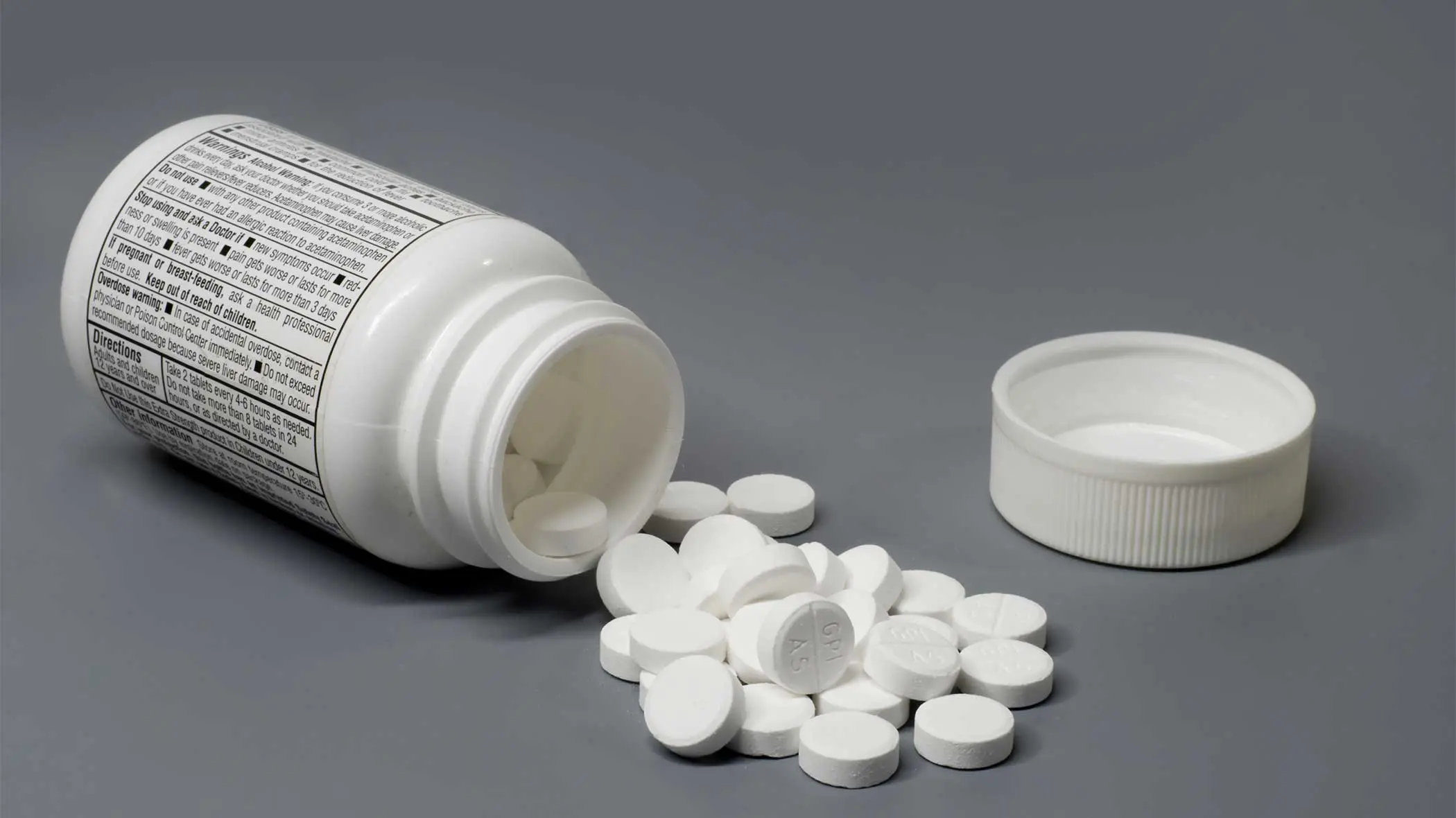
Over-the-counter opioids are available without a prescription and are generally used to treat either mild to moderate pain or a cough.
Although easier to obtain than prescription or illicit opioids, they still come with the same risks and many of the same side effects as their stronger counterparts.
What Are Over-The-Counter (OTC) Opioids?
Over-the-counter (OTC) opioids are opioids that are available to the general public without a prescription. They are not always available in every state, however, and may require an ID in order to purchase.
The opioid ingredient that you most often see in OTC opioid medications is codeine. In order to be sold over the counter, the dose of codeine must below and it must be combined with at least two other medicinal ingredients.
Medicinal ingredients found in over-the-counter opioids include:
- caffeine
- acetaminophen
- aspirin
- carisoprodol
- promethazine
Risks Of Over-The-Counter Opioids
OTC opioids may contain a much lower dose of the active opioid ingredient than the prescription options, but that does not mean they are without risks.
In some ways OTC opioids could be considered even more dangerous than prescription opioids because they are so readily available. The real danger starts when one of these medications starts being misused.
Ways to misuse a medication include:
- taking more than the recommended dose
- taking it when not medically necessary
- mixing multiple products together
- taking it in ways not intended (for example, crushing up and snorting a pill that is meant to be taken orally)
When taken in high enough doses, OTC opioids produce the same euphoric effects that both prescription and illicit opioids are known for.
For this reason, addiction is highly possible, and unfortunately, the product is relatively easy to obtain.
Side Effects Of Over-The-Counter Opioids
The side effects of OTC opioids will be much milder than those with prescription opioids, and will oftentimes depend on the other active medicinal ingredients. Side effects will be stronger if the medication is misused or abused.
Side effects of over-the-counter opioids include:
- headache
- difficulty urinating
- stomach pain
- constipation
- nausea and/or vomiting
- dizziness
- lightheadedness
- sleepiness
- euphoria
The side effects of OTC opioids will become stronger with higher doses, at which point the individual can develop slow and shallow breathing and potentially lose consciousness.
Is It Possible To Overdose On Over-The-Counter Opioids?
While it would take a much larger amount to overdose on an OTC opioid than on a prescription opioid, it is possible. These medications are never meant to be taken in high doses or long-term.
It is also important to note that OTC opioids are often misused in combination with other substances, most commonly alcohol, marijuana, and other OTC medications. Complications are more likely to arise when these substances interact with each other.
Finding Treatment For An Opioid Addiction
If you or someone you love is struggling with an addiction or dependence to opioids of any kind, it is important to seek help right away. Calling our helpline is 100% free and confidential.
We can help you find:
- an individualized treatment plan created just for you
- access to evidence-based services and therapies
- supportive and understanding case management
- aftercare planning to ensure long-term success
Please do not wait any longer to get the help that you need — recovery is just a phone call away.
Addiction Resource aims to provide only the most current, accurate information in regards to addiction and addiction treatment, which means we only reference the most credible sources available.
These include peer-reviewed journals, government entities and academic institutions, and leaders in addiction healthcare and advocacy. Learn more about how we safeguard our content by viewing our editorial policy.
- National Institute on Drug Abuse — Over-the-Counter Medicines
https://www.drugabuse.gov/publications/drugfacts/over-counter-medicines - U.S. National Library Of Medicine — Codeine
https://medlineplus.gov/druginfo/meds/a682065.html - U.S. National Library Of Medicine — Pharmacological Aspects of Over-the-Counter Opioid Drugs Misuse
https://www.ncbi.nlm.nih.gov/pmc/articles/PMC7504308/


